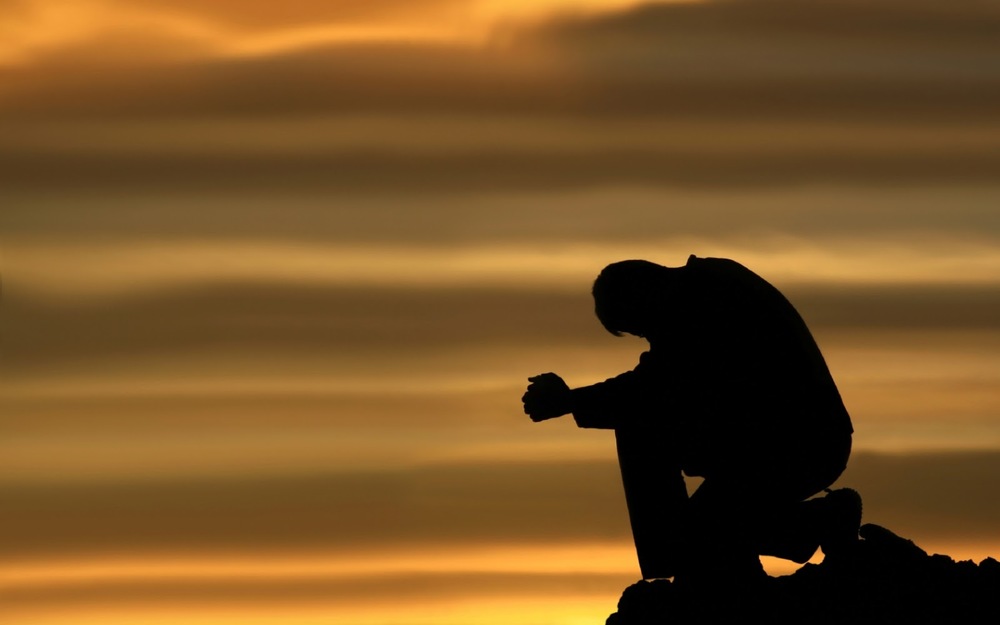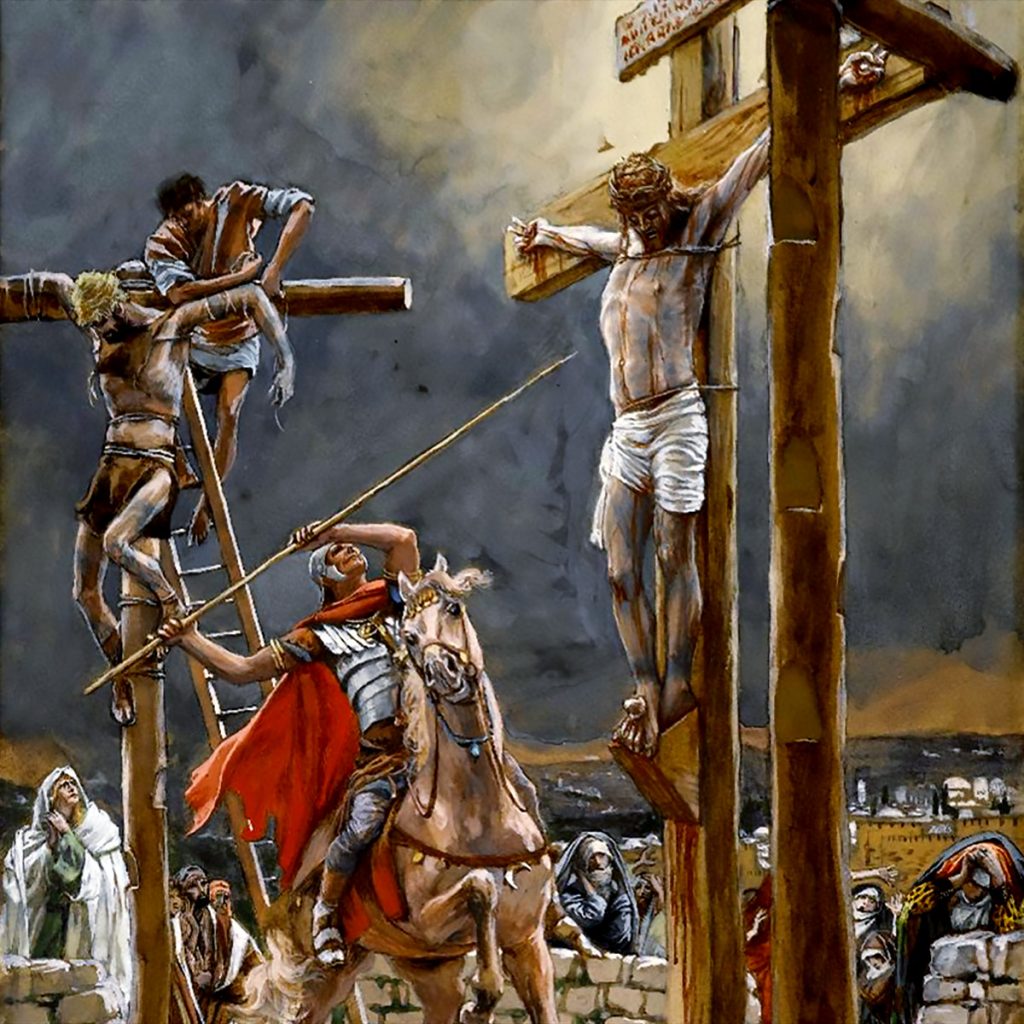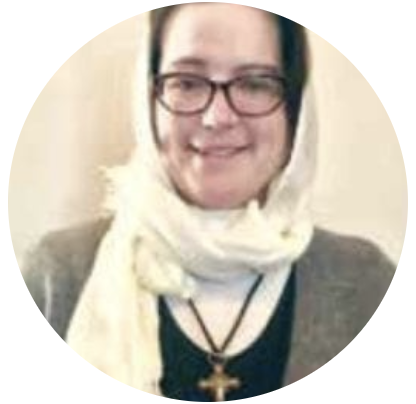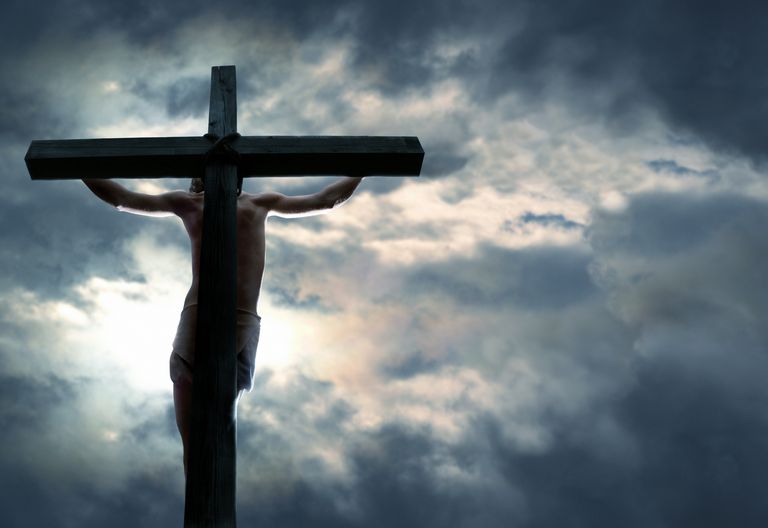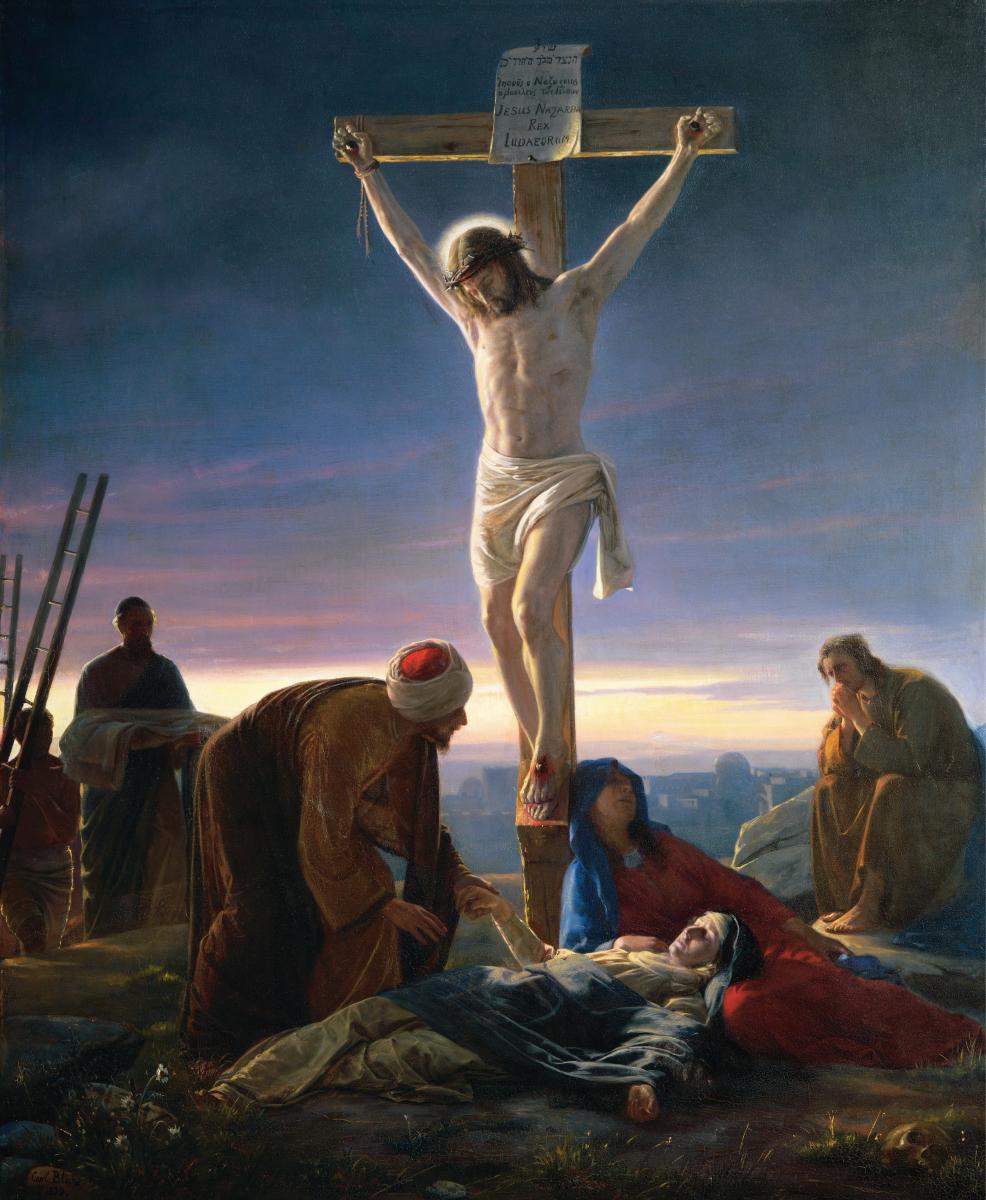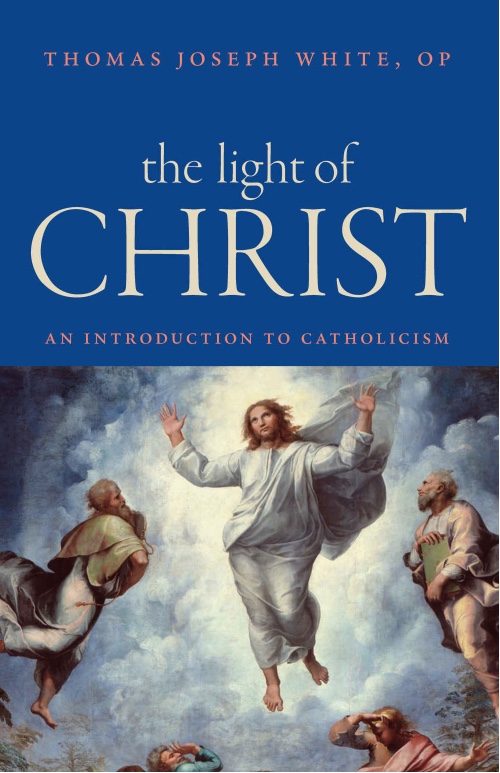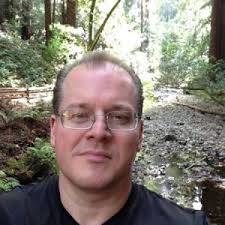
-by Mark A. McNeil, a former Oneness Pentecostal, was received into the Catholic Church in 1999.
“In last summer’s movie, “Yesterday,” struggling musician Jack Malik finds enormous fame and fortune after he discovers that, following a global blackout, everyone in the world has forgotten about the iconic music band, the Beatles. Everyone except him, that is. His rapid-fire release of various Beatles songs, as if they were his own, brings him vast attention, esteem and praise. But he is miserable.
How can a man who has thousands of fans screaming in adulation, large sums of money, and the company of the rich and famous possibly be miserable? The answer becomes painfully obvious as the movie progresses: Unless we are at peace on the inside, the outside circumstances of our lives, even if spectacular, will not make us truly happy.
It’s an old lesson in new wrapping. Indeed, a great deal of the history of human thought and experience is represented by the movement between Jack’s interior and exterior life. Outside ourselves, using our senses, we become aware of things that have shape, mass and weight—that move around and take up space. On this inside, however, is a different realm. When Jack is forced to confront his deceptions and his guilty conscience, the pain was his alone: it could not be directly seen or felt by others. Jack successfully conceals his inner anguish for much of the movie.
The early Greek philosophers were deeply concerned with trying to figure out the world around us. Thales said it was all, at root, water. Others said it was air, or a combination of elements (earth, air, wind, and fire). Democritus said it was tiny, indestructible pieces of matter that he called “atoms.” In time, the focus shifted from the things we experience with our senses to experience itself. Plato saw the inside world and the outside world as powerful evidence of two irreducible realms—one physical, the realm of matter, and the other spiritual, the realm of forms. A long line of thinkers after him drew the same conclusion.
St. Augustine discovered the importance of this distinction while reading works from these thinkers, and wrote in his Confessions, “These books served to remind me to return to my own self.” Having long focused on trying to find God through his senses, he now turned to his own soul and found a realm very different from the material world. Accompanying the discovery of his soul was a life-changing discovery of God, who could not be reduced to anything material.
This distinction between the inside and outside aspects of our experience is not a trivial matter. Some of the most important features of lives are on the “inside” and not grasped by our senses. We cannot see each other’s thoughts, choices, or feelings, for instance. We know that others have thoughts and feelings, but we only know what they are if they are revealed to us through signs or “incarnations” of those thoughts and feelings, or if the person tells us. We might, to some degree, understand his thoughts and share his feelings, but we cannot have them—they are his alone, existing in his own interior life.
Atheist materialism has no good explanation for the interior/exterior distinction. Inevitably, atheists run into contradictions when they try to explain our mental experiences by materialistic explanations. The influential eighteenth-century philosopher, David Hume, for instance, famously denied there is any evidence that there is a self (“I”) since it cannot be directly observed with our senses. Yet he couldn’t avoid using the word “I” constantly in his writings.
Stephen Hawking, (Ed. who famously could not even IMAGINE, obstinately, imho, anything beyond time, though physicists are required to imagine all kinds of unseeable things) the famous theoretical physicist and atheist, in The Grand Design (2010), asserted that all our experiences of moral “freedom” are just shorthand ways of referring to complex and predetermined material processes that completely explain everything we do. He did not seem to see, however, that if this is true then everything in his book is entirely the product of material processes. Whether those material processes tell us anything true about the real world cannot be known since everyone who disagrees with Hawking is thinking and saying exactly what material processes are making them think, too. Hawking (and all atheists) write as if they, and they alone, transcend material processes and judge that people who believe in God or the soul are incorrect. They make these claims while denying the existence of anything other than blind, purposeless material causes.
At a certain point, the atheist chooses to deny the reality of the spiritual world. Even beyond the serious intellectual problems raised by this move, this choice is also tragic. It is tragic because the real depth and beauty of the world cannot be discovered by reducing everything to material causation—it can only be discovered by noticing that material things are all signs that point beyond themselves. The smile and caress of a mother invites her child to discover unconditional love. A teacher’s correction of misbehavior invites the student to discover the moral law. The changing world around us invites us to consider the unchanging and eternal source of all dependent beings: God.
Let us pray that, with St. Augustine, atheists and theists alike return to the mysterious depths of their own souls and discover the material world as a vast collection of signs that point us to another realm. Through this same soul, we can reach out to the God who is the source of it all. After all, the Catechism of the Catholic Church notes that all the ways of coming to discover God find their point of departure either in reflecting on the outer, physical world or in pondering the various signs of our inner, spiritual soul (31-32). Reflecting on the physical world, conscious that we do so as a spiritual soul, we learn that everything is speaking to us of God (Psalm 19:1-2).”
Love, and truth,
Matthew

